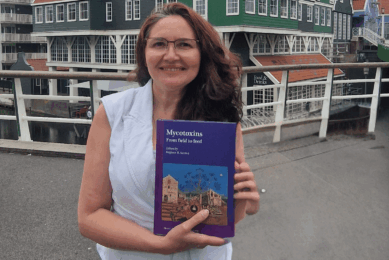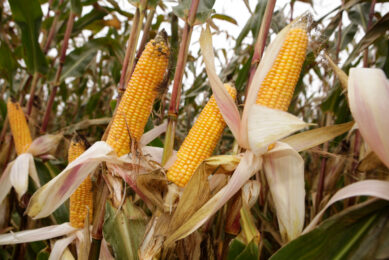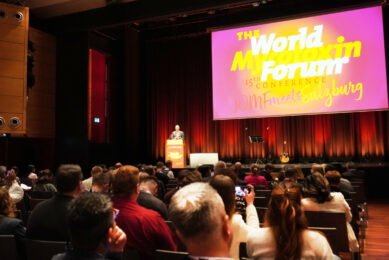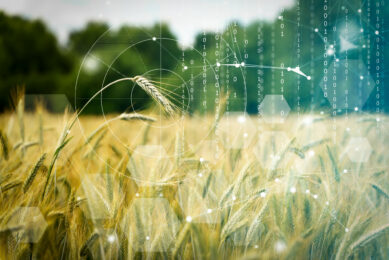World Mycotoxin Forum: The path to a resilient and toxin-free food system
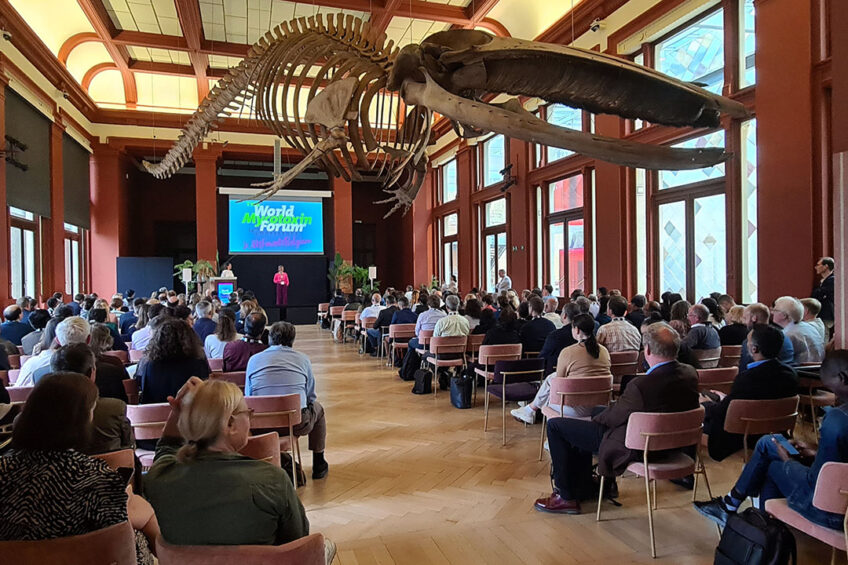
How can we work towards a resilient and toxin-free food system? Will emerging technologies to manage and analyse data be the solution to predict potential risks? These were the questions up for discussion at the 14th edition of the World Mycotoxin Forum.
The 14th edition of the World Mycotoxin Forum was held in Antwerp, Belgium, from 9-11 October 2023. The conference brought together 420 participants who joined a 3-day programme packed with presentations, workshops and network opportunities. This all took place at a unique conference centre located in the Antwerp Zoo.
As with every edition of the World Mycotoxin Forum, the conference was co-hosted by local chairs. For this year’s edition, the local conference chairs were Professor Sarah De Saeger and Professor Marthe De Boevre from Ghent University.
The topic of discussion was the current challenges impacting the food system and how to ensure the safety and security of feed and food systems, zooming in on mycotoxin management strategies.
Food system resilience is the capacity of a food system to provide sufficient, appropriate and accessible food to all in the face of various and even unforeseen disturbances.
Prof. Chris Elliot from Queen’s University Belfast
A resilient food supply chain
According to Professor Chris Elliot from Queen’s University Belfast in the UK, there are big things happening that will bring massive changes for our food system. The 4 drivers of this change are climate change, war, geopolitics, and deglobalisation. To cope with these challenges we should move towards a resilient food system, explains Elliot. “Food system resilience is the capacity of a food system to provide sufficient, appropriate and accessible food to all in the face of various and even unforeseen disturbances.”
Toxin-free food is an illusion…
Prof. Rudolf Krska from the University of Natural Resources and Life Sciences, Vienna, Austria
Is our food toxin-free?
Food security is one thing, but what about the safety of food? The majority of consumers assume that our food is safe, after all the mandatory quality standards of food are high. But, is our food really free of toxins?
Professor Rudolf Krska from the University of Natural Resources and Life Sciences, Vienna, Austria, has a clear answer to that: “Toxin-free food is an illusion.” The professor acknowledged that our food is safer than ever before; however, a study shows that in Europe, people are still exposed to harmful chemical substances and toxins. Even within the legal limits, low levels of exposure could be a risk for human health. Aflatoxins are among these high-risk food contaminants due to their potential role in the development of liver cancer.
Meanwhile, it is important to keep in mind that “humans are detoxification machines” that can overcome the harmful effects of these substances, emphasises Krska, adding that a healthy and balanced diet is the best way to avoid exposure to excessive doses of harmful substances.
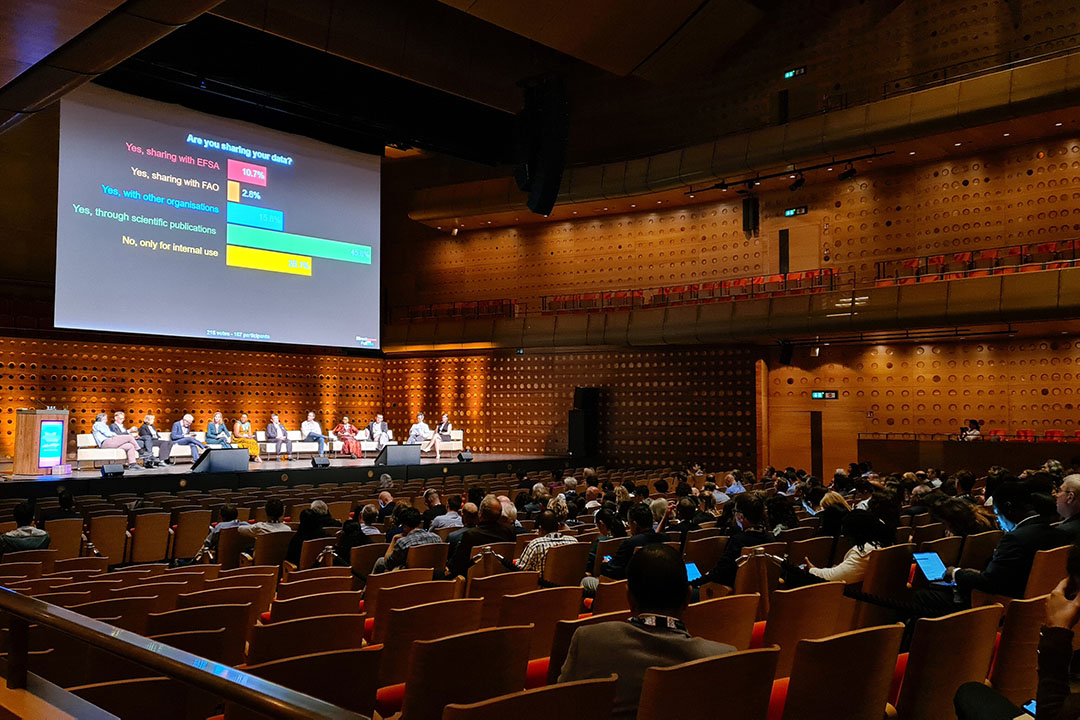
The impact of climate change
Not only the location of the World Mycotoxin Forum was unique, with a whale skeleton hanging from the roof of the conference room, but also the weather, which was warm ad sunny – not what you would expect in early October in Belgium. And although it was nice to catch some sunshine during the break, it made the impact of climate change real.
The impact of climate change is clearly one of the major concerns among the mycotoxin community. Krska noted that climate change is increasing the risk of food safety due to aflatoxins and other mycotoxins: “Climate change will have an effect on the geographic appearance of mycotoxins, and we’re also expecting major variations in emerging and masked mycotoxins. There is still a lack of data on these mycotoxins and therefore little known about the effects.”
Regulatory programmes and standards for these emerging toxins are needed, according to the professor, since exposure could be a potential health risk for consumers.
Scientists often lack awareness of proper data collection, curation and sharing.
Chiara Dall’Asta from the University of Parma, Italy
Data sharing
The availability and sharing of data was a returning topic of discussion during the conference. Not only is there a lack of data about emerging and masked mycotoxins, but it appears that there is still little or no data on the link between climate change and mycotoxin occurrence. To make well-founded predictions about mycotoxin occurrence, it is necessary to share more data in the research and business community.
The audience was asked to answer a poll question about the sharing of data:
- 10% of the participants indicated that they share their data with the European Food Safety Authority (EFSA)
- 15% said they share the data with other organisations
- 25% of the audience said they only share data internally
- Sharing via scientific publications seems to be the most common with 45% of the Forum’s participants indicated that they would share data in this way.
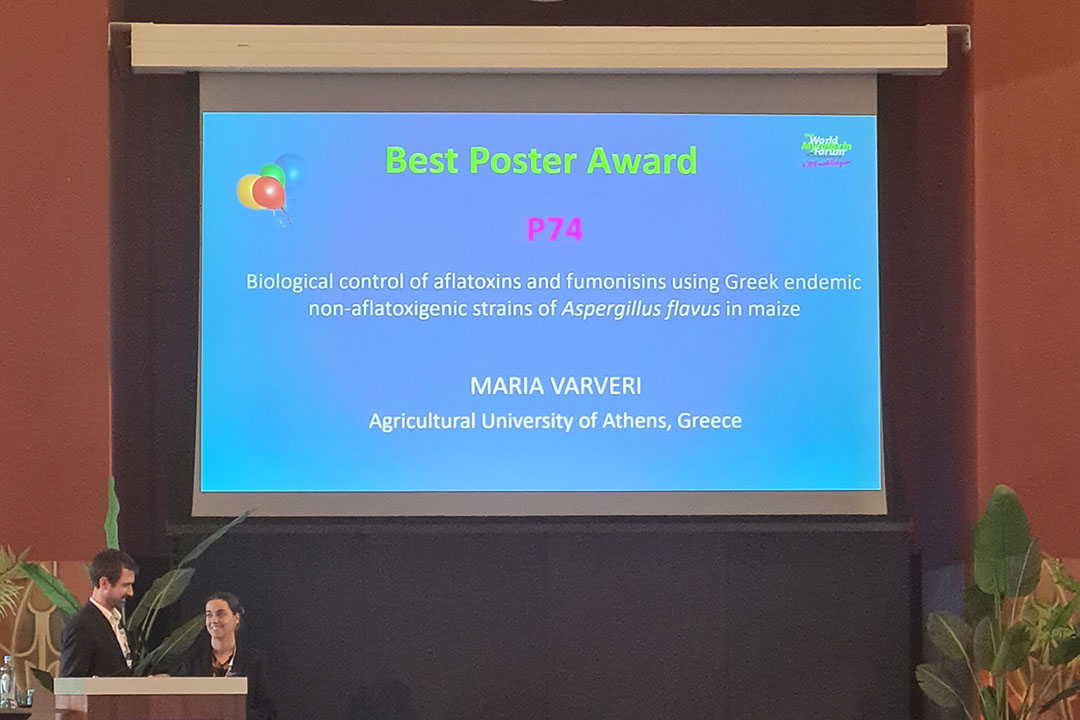
Keeping data quality high
In her presentation, Chiara Dall’Asta from the University of Parma, Italy, not only addresses the need for data sharing, but also emphasised the importance of data quality. “Scientists often lack awareness of proper data collection, curation and sharing.” Therewith, Dall’Asta highlighted that analysts need to be aware of the impact that their data will have on risk assessment.
Since overestimation of public health risks can lead to miscommunication to consumers, which could lead to a lack of trust in the food system. Proper training for the next generation of analysts and risk assessors is the key, according to Dall’Asta.
Emerging technologies
Another key element in data analysis in the future will be the role of rapidly emerging technologies like artifical intelligence and machine learning. Both have potential in predicting mycotoxins in food and feed and will facilitate more data-driven mycotoxin management. During the 3-day event, a number of presentations touched on this topic; however, it is likely that these developments will receive increasing intention in the near future.
It is clear that the current situation in the world related to climate change and geopolitical situations have a big impact on our food system. On top of that, it is of the utmost importance to ensure food safety. Mycotoxins are still a health threat to humans and animals and good quality and open access data management seems promising in identifying and reducing this risk.
Join 13,000+ subscribers
Subscribe to our newsletter to stay updated about all the need-to-know content in the dairy sector, two times a week.



